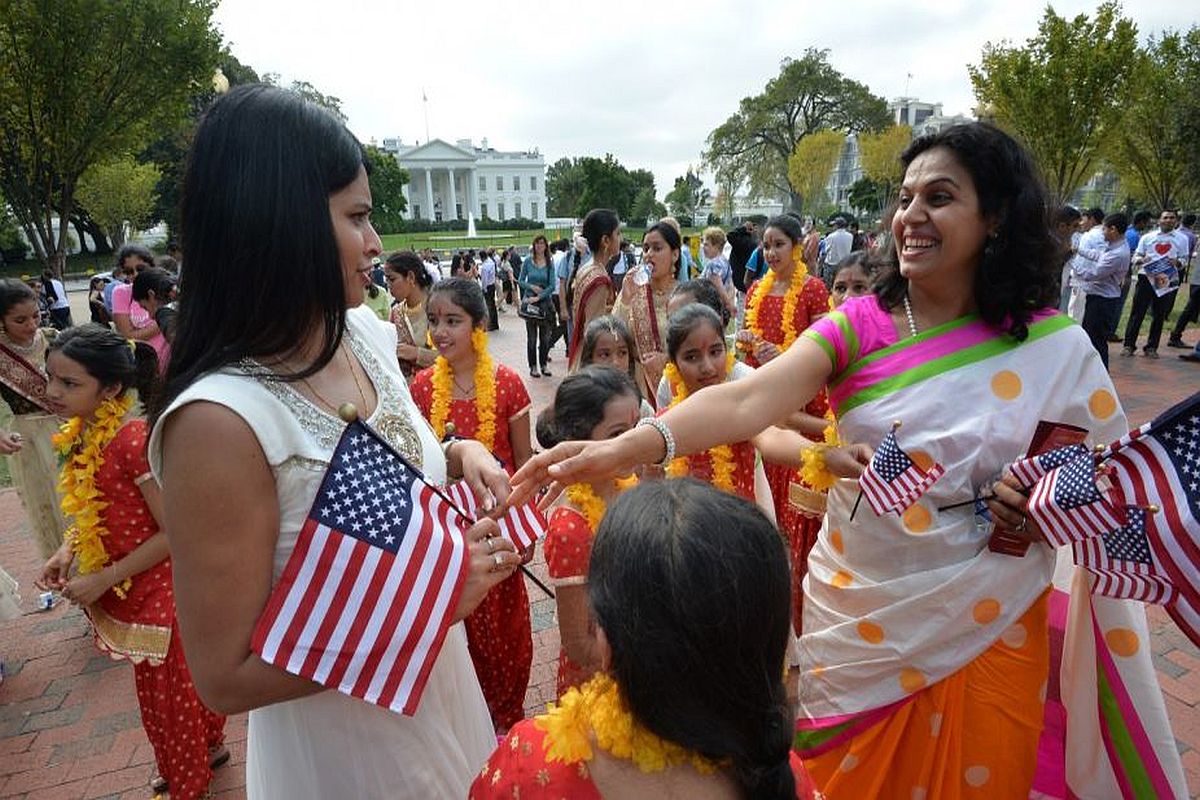WHY ARE SO MANY INDIANS MOVING OUT?

If you ask a standard ‘proud’ Indian what they like best about their country, you’ll get a variety of responses. With its diverse ethnicities, cultures, languages, and so on, it is perhaps the most diverse nation in the world. The fellow citizens are undeniably proud. However, one question appears to linger in the back of the mind. If India is as brilliant as these people claim, why do so many of its citizens continue to migrate and settle abroad?
According to the United Nations Population Division, India has the highest number of emigrants worldwide. In other words, Indian-origin emigrants constitute the world’s largest proportion. According to the same study, at least 15 million Indians are currently living abroad, which is more than the combined populations of Singapore and Switzerland. According to United Nations reports (2015), over 244 million people live in countries other than their birth countries. In this context, it is worth noting that Indians have the world’s largest diaspora population. Over 16 million NRIs reside in countries other than India.
Let us now evaluate why so many Indians are choosing to live and continuing to move abroad:
Better Opportunities
A growing population has made India one of the world’s most populous countries. The population of India in 2016 was 1,26,68,83,598 people. Finding sufficient opportunities for such a large population is a significant challenge. According to the National Science Foundation, a United States government agency, there were approximately 9,50,000 Indian-origin scientists and engineers in the United States in 2013.
Between 2003 and 2013, the number increased by 85 percent. Instead of looking for opportunities at home, educated Indians prefer to fill the gap between demand and supply for scientists, engineers, and doctors.
Outsourcing Services
India is one of the world’s largest providers of information technology and outsourcing services. Companies like Genpact, TCS, Infosys, and Wipro have made a name for themselves in the EU and the US by providing large- scale IT and BPO services. It is self-evident that maintaining such a large industry will necessitate the relocation of a significant number of workers, at least for extended periods of time.
Socio-Political Environment
The Indian socio-political system is riddled with a slew of ills that make life difficult. Life in the country is governed by rigid caste and religious rules. Gender inequality is widespread, as are corruption and pollution. While reservations are intended to protect the interests of the underprivileged, they frequently prevent deserving candidates from claiming their rightful opportunities. Political influence has a significant impact on social life, and medical and healthcare facilities are frequently out of reach for the lower rungs of society. One of the dominant sentiments driving India’s large emigration numbers is the belief that migrating overseas will provide a better life for oneself and one’s family.
Higher Education
Because of India’s traditional emphasis on education, most parents wish to send their children abroad for higher education. With an increase in family disposable income, this dream is becoming more attainable. According to the Indian Students Mobility Report 2016, the number of students studying abroad is at an all-time high. The increase in the number of students going abroad for higher education was 17.8 percent last year. The majority of these students travel to the United States, United Kingdom, Australia, Canada, and New Zealand to begin their careers. More Indians will continue to seek their fortunes outside their homeland as long as the lure of a golden faraway land exists.
The “Videshi” Dream
The “Videshi” dream is one of the few relics of a colonial legacy that India has yet to overcome. It appears to be a source of pride for Indian families to send their children abroad for study or work. Remittances are also beneficial to the economy. While some critical issues, such as the lack of support for senior citizens at home, remain hidden, states such as Punjab, Kerala, and Gujarat thrive on the dream of young people travelling to “foreign” countries and earning big bucks.
More Indians will continue to seek their fortunes outside their homeland as long as the lure of a golden faraway land exists.
NAME: KHUSHI. S. KESWANI COURSE: BBA
UNIVERSITY: GUJARAT UNIVERSITY




